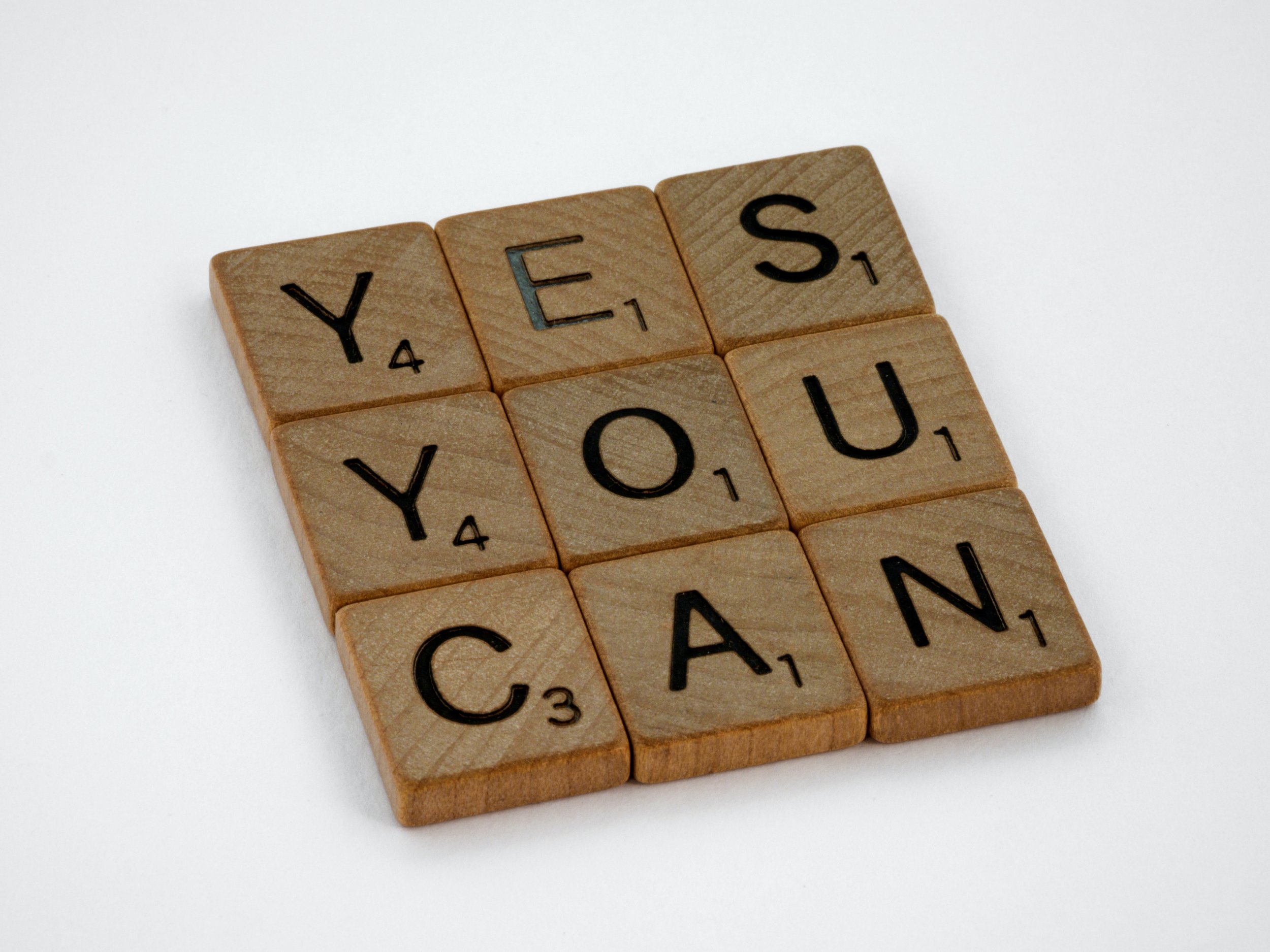I once made a New Year’s Resolution and stuck to it. Want to know how?
Well, I was unintentionally following the golden rules to successfully stick to a resolution.
We have all made a New Year’s Resolution at some point, but can you honestly say you have kept it going?
The resolution I made, many years ago, was to give up buying trashy magazines.
(This was before we could access candy for our eyes via social media 24/7!)
I achieved it and have never read one since, well if you don’t count the occasional rubbish I read at the hairdressers, but even that doesn't interest me anymore.
A woman holding a large slice of watermelon in front of her face making it look like a huge smile
I had somehow followed what research tells us is the way to sustain a resolution. (Oscarsson et al, research published Dec 2020.)
The resolution needs to be specific, achievable and measurable. I was clear on the magazines I no longer wanted to buy. I could measure this achievement by not wasting my money on them. I felt this was achievable, even though it would test my craving for trash. Research shows that unclear, abstract or overwhelming goals may increase the risk to make up an excuse that the goal cannot be achieved.
The resolution needs to also achieve a wider, more general aim. Called ‘fusing’. I hated how the magazines made me feel about myself, more specifically how I looked. They fed into an already difficult relationship with food. The wider goal for me was to feel better about myself rather than valuing my self worth on which celebrities I looked nothing like.
Greater willpower and the consistent use of self-reward lead to a greater success rate. I am fortunate that I am autistic and when I decide I am going to do something I usually do it. Willpower is not so much a choice but a trait of how my brain works. So I was lucky in this respect. I also congratulated myself by not buying the magazines, treating myself in other ways instead.
Being able to give feedback to yourself on your own progress was also cited in research as an important factor to success. With every week that passed without a trashy magazine in my house I was happy. I could clearly measure and feedback to myself my own success.
My resolution was not groundbreaking. I am sure many of you are making more impressive resolutions, but maybe I was onto something that I didn’t realise.
Wooden scrabble tiles assembled to read the words “yes, you, can”.
Feelings are key to success
When reflecting on the resolution I stuck to I can see the most important factor for me was that I wanted to feel different.
One long term study into resolutions provided support to volunteers and checked in with them at various stages throughout the year. One important exercise the volunteers were asked to complete was for them to identify thoughts and feelings associated with their New Year’s resolutions.
A couple of important questions you can ask yourself at this stage:
What difference will it make to how I think and feel when I have taken the first step toward my long term goal?
How will I feel when this resolution becomes part of my new routine?
What will be the first glimmers that I will notice that my resolution is working?
I now catch myself if I am scrolling on social media and it doesn’t make me feel good about myself. I am more aware of images that are unrealistic and that feed into my insecurities. This short term goal had longer term benefits regarding how I think and feel about myself, and for this I am grateful to my younger self.
Other helpful strategies
Think through what needs to be planned to help you succeed as well as anything that may hinder your goal. For example if your resolution is to go for a walk or run each day then how does your usual routine need to adapt to fit this in?
Consider habit stacking. Our brain is more likely to introduce a new habit if there is already a well established habit in place to add it to. For example, if you already have a morning routine, add in an extra achievable goal to one of those elements and this will help you stick to it.
Repeat, repeat, repeat. We create a new routine by repeating a new behaviour many times. This then hardwires the connection in our brain and after a period of time it takes less brain energy to focus on the new routine, it becomes automatic.
Research has shown that having support alongside your resolution means you are more likely to succeed. Consider a resolution buddy to keep each other motivated.
Many of my clients find that using a regular self hypnosis download helps them to stay motivated and feeling positive about making changes. You can purchase mine by clicking here.
Whether you are making a resolution, or just looking to feel more healthy after an indulgent festive season, taking a very small first step that is easily achievable will set you on a new path for 2023.


